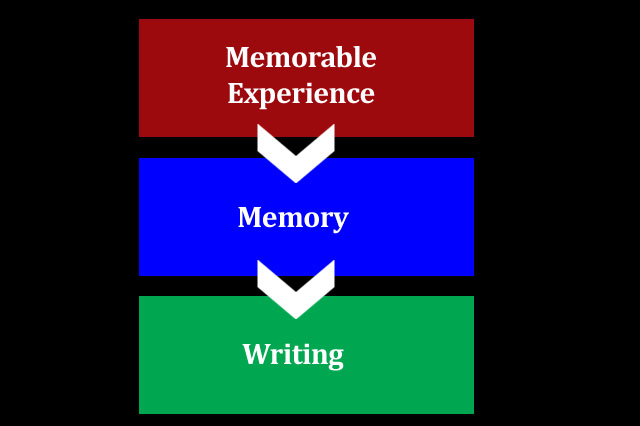Some time ago I talked about the overwhelming number of writers that have flooded the modern publishing market. I focused on the inevitable consequence of having a large number of substandard works out there, a fact that affects audiences’ idea of indie authors in general. But make no mistake: a novel can be substandard regardless of whether it’s published traditionally or independently. Both by reading and by participating in online literature discussions, I have discovered that a significant number of authors don’t have a clear idea of narrative focalization. Perhaps they semi-instinctively still use it, but if you’re an author wanting to be in total control of your book, then keep reading!
The first thing we need to do is offer some definitions. We need to know what it is we’re talking about. Indeed, many of the misunderstandings and ignorance surrounding the topic are a result of confusion. I have often seen people confusing narrative focalization with perspective or point of view. So, let’s try to clarify the matter.


